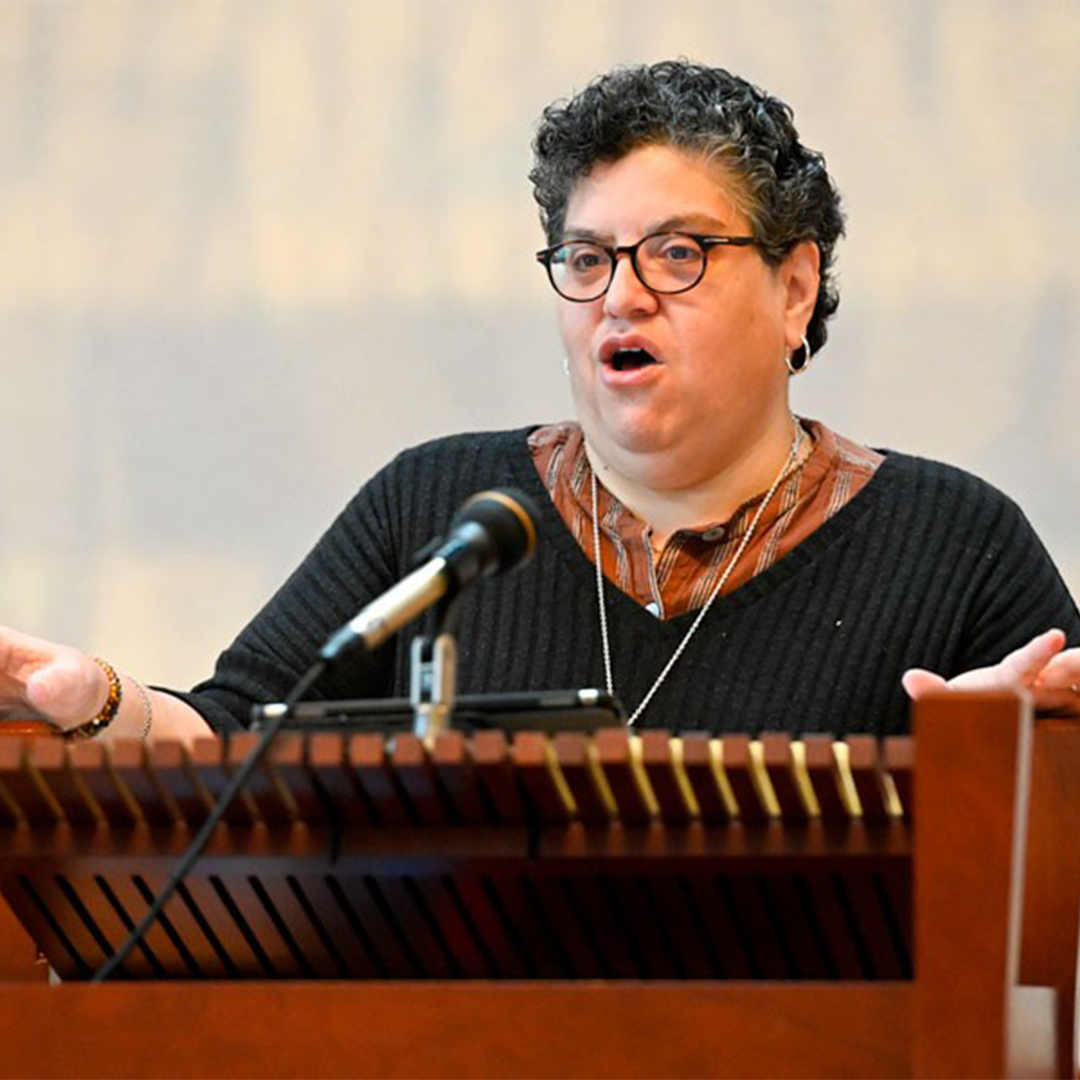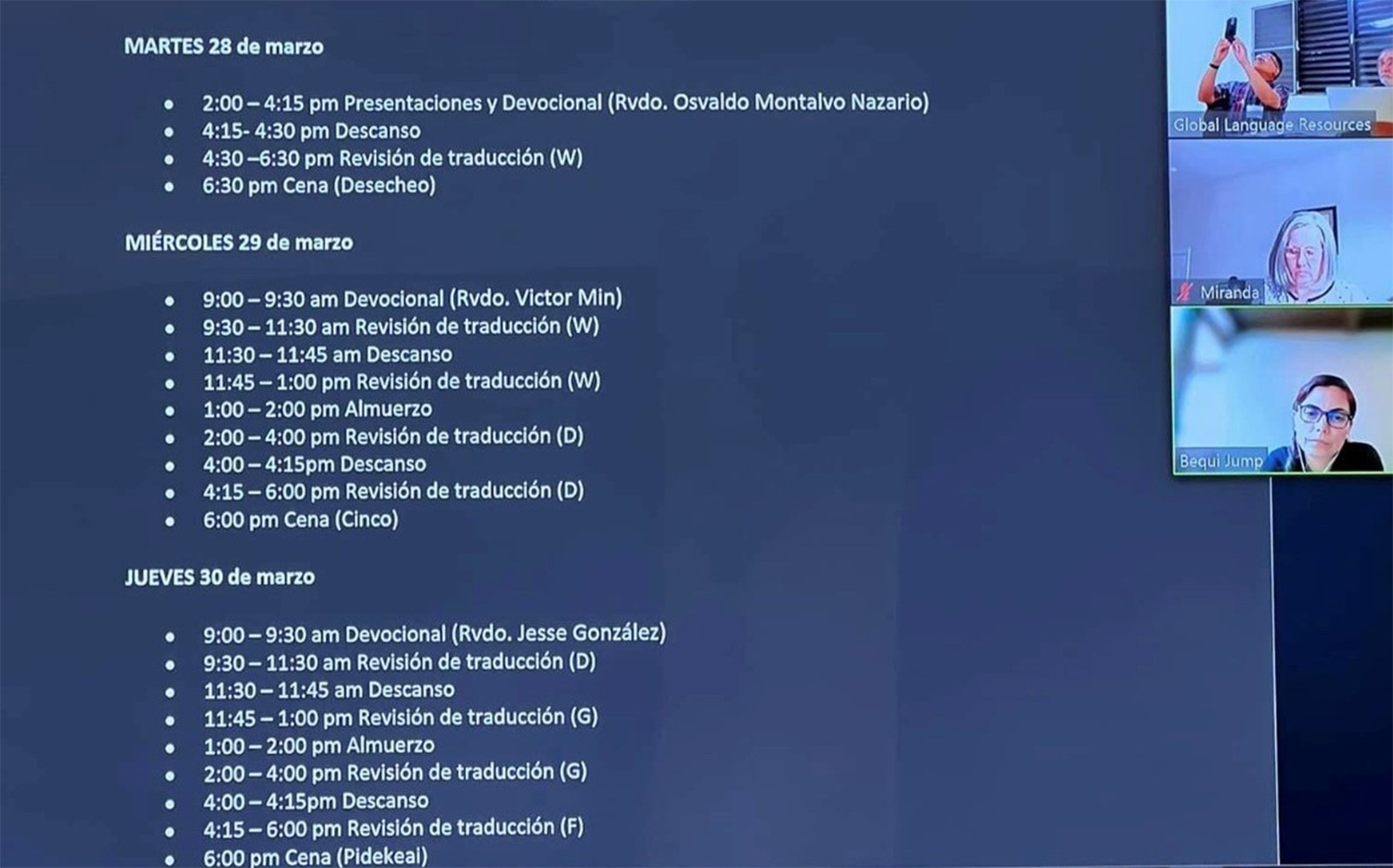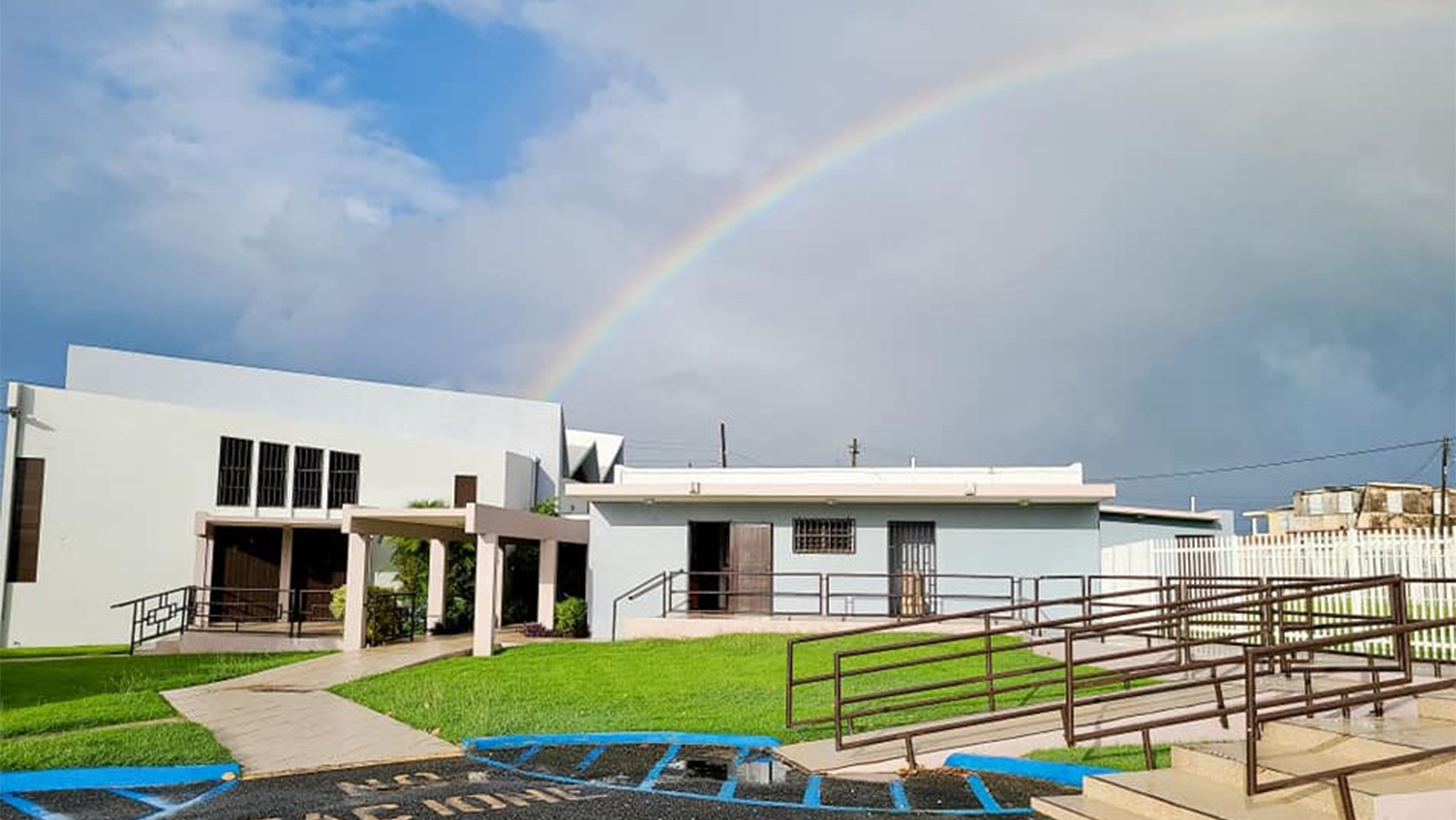[ Español ]
A new Spanish-language translation of the Book of Order will soon be available to Presbyterian Church (U.S.A.) leaders, church members and anyone else looking for guidance about Presbyterian polity.
As with a simultaneous project to translate the Book of Order into Korean, the work is being led by Global Language Resources (GLR), a division of the Administrative Services Group of the PC(USA).
To ensure an accurate and widely accessible translation, GLR teamed up with church agencies, the Caucus Nacional Presbiteriano Hispano/a Latino/a and members of the denomination’s three Spanish-speaking presbyteries.
The Rev. Dr. Victor Min, GLR Senior Translator for Spanish, is project leader for translating the Book of Order and new amendments. He called the effort “a challenging but rewarding experience.”



(Left to right) Victor Min, via Stephanie Vasquez; Rosa Blanca Miranda, via Presbyterian Mission Agency; and Marissa Galván-Valle, by Rich Copley.
“The original text is complex, and it has been a lot of work to ensure that the translation is accurate and understandable,” he said. To help readers and future translation efforts, the team has included a glossary of terms that “ensures translation accuracy and consistency and provides a reference for future use,” Min said. “We know that it is important to get this translation done as soon as possible, but we also want to make sure that it is done correctly.”
An internal stakeholder on the project, the Rev. Marissa Galván-Valle, Senior Editor for Spanish Language Resources in the Presbyterian Publishing Corporation, indicated the need for “cohesive and uniform language in the book,” and gave an example: the use of “shall” and “should.”
“Those words, in some cases, have been translated in the same way to Spanish [in previous versions], when in English they do not carry the same weight or meaning,” she said. “Spanish speakers should not have to go to the English version to check if the translation is correct, even if the English version ‘shall be considered authoritative in any matters related to ecclesiastical litigation, or action in the civil courts.’”

Aguadilla consultancy agenda and some Zoom attendees, March 2023, via Stephanie Vasquez.
Stephanie Vasquez, Manager of Global Language Resources, said that the Book of Order translation work into Spanish and Korean dates back to 2020. Even before that, there were concerns about the translations in both languages.
“GLR did a comprehensive review of the existing translations and created a group of internal stakeholders,” she said. At every council level accurate translation in Spanish and Korean is vitally important because of the Book of Order’s status as a constitutional document. Even small textual misunderstandings can lead to inconsistencies for congregations and mid councils.
Min, who assisted Spanish-speaking commissioners during last summer’s 225th General Assembly, extended the stakeholder invitations. The group convened for three days at the end of March at Tercera Iglesia Presbiteriana de Aguadilla in Puerto Rico, home to the denomination’s three Spanish-speaking presbyteries.
“Our team and the attendees worked very well,” Vasquez said, with GLR having the final say on the translations. “There was a combination of academical and theological background, as well as pastoral practice.” The group also focused on ways the Book of Order is used by church members, committees overseeing pastoral care or discipline hearings, and elders conducting worship services.

Tercera Iglesia Presbiteriana de Aguadilla, Puerto Rico, via Facebook.
The Rev. Rosa B. Miranda, associate for Hispanic/Latino-a Intercultural Congregational Support with Racial Equity & Women’s Intercultural Ministries in the Presbyterian Mission Agency, attended the Aguadilla meeting via Zoom. Like Vasquez and Galván-Valle, she said the new revision of the Book of Order is urgently needed.
“The first thing that the team addressed was how this new edition would have a balance between the use of inclusive language and the rules of grammar and writing in Spanish,” Miranda said.
The meeting agenda put forth a goal of ensuring the Book of Order “effectively communicates as a tool for everyone with diverse congregations of diverse educational backgrounds.” That includes “a wide spectrum of educational backgrounds and theological perspectives,” Miranda said. “It was agreed that this first revision would be process. We saw it as a live document that would be perfected through time and use, yet it was a first step in the right direction.”
She called GLR’s translation and interpretation leadership to the church as “invaluable,” adding that “in projects like this one, it took the collaboration of staff and leaders across agencies, mid councils and the Hispanic Latiné constituency to broaden the perspectives, ensure that all voices are included and bring together all the expertise at hand.”
Min described the Aguadilla consultancy as “a gift.”
“We were able to get to know each other better, and we were able to build trust and camaraderie,” he said. “Beginning each day with the group and working together on a project of this magnitude was edifying and wholesome. It was a reminder of the importance of community and collaboration, and a testament to the power of faith and love.”
